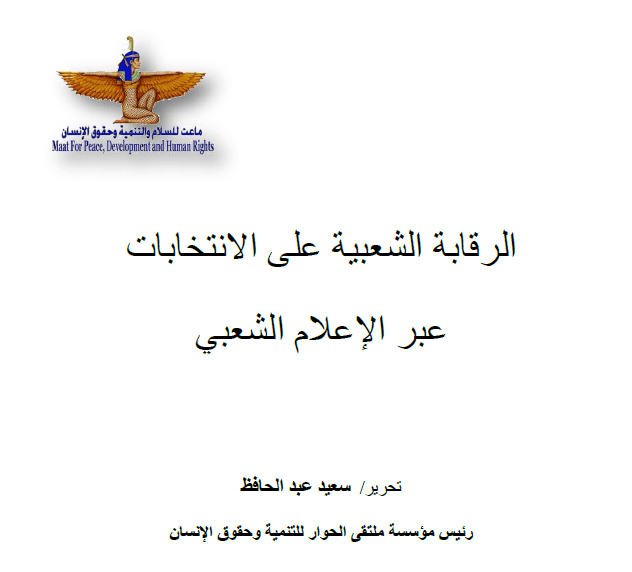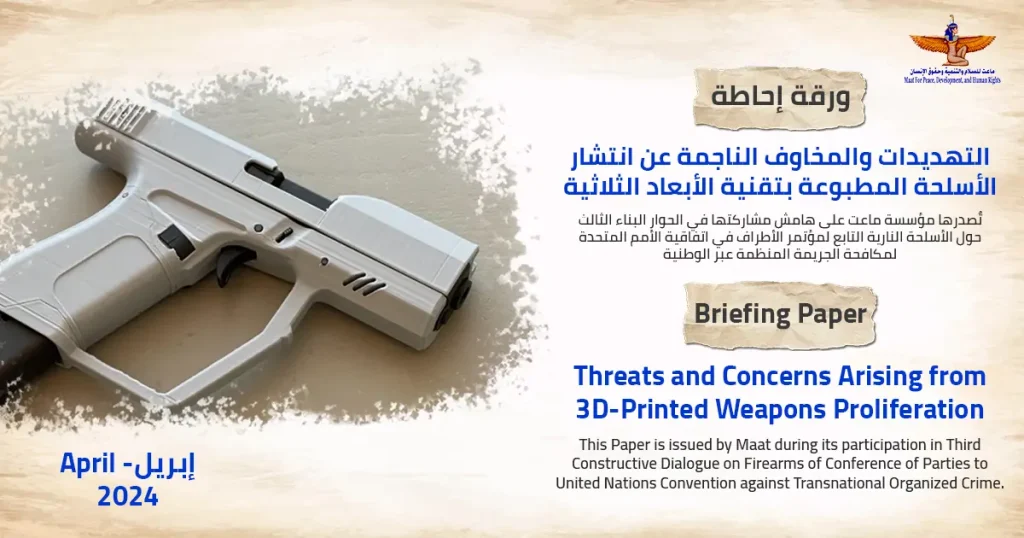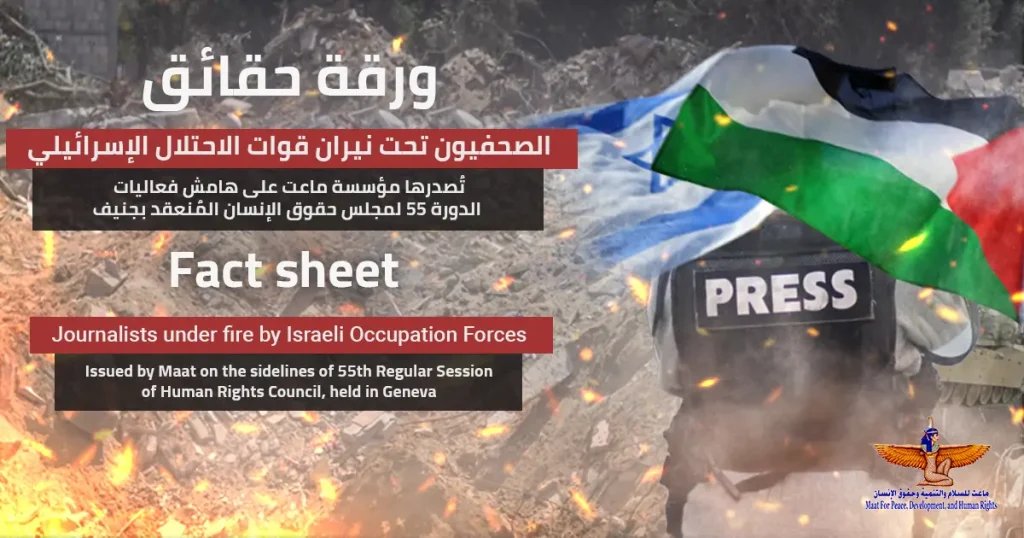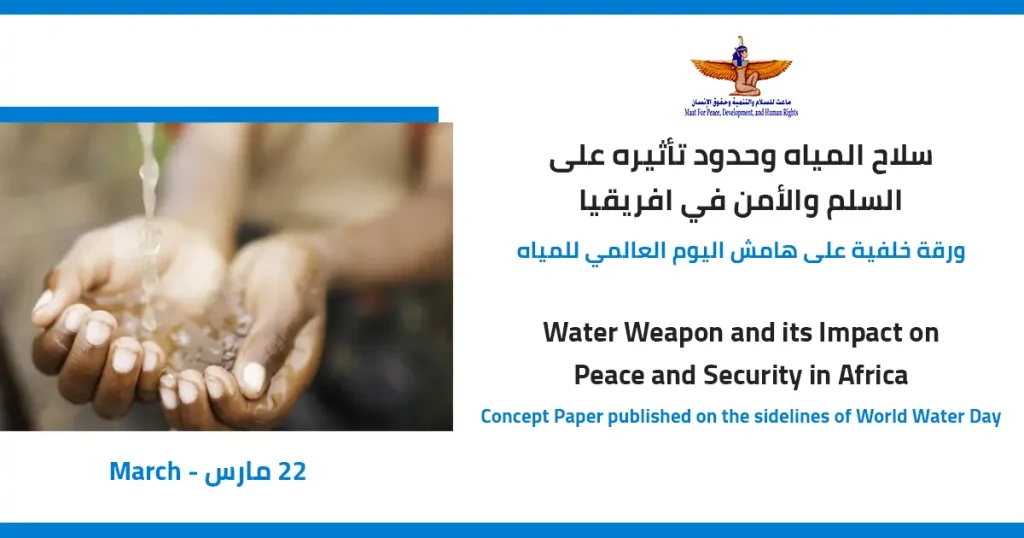Introduction
When information based on belief in the importance of the value of knowledge becomes available, justice is available in accessing that information, and the skills necessary to use information technology are available, then it can be said that this society is an information society, which is very important for modernizing society and developing its resources in a way that reflects positively on the individual and citizen's status in society.
It can be said without going into details that what is meant by the new media “is the integration of old media tools with the digital and the global information network, which facilitates the process of spreading information and news at high speed and provides an interactive process between the sender and the receiver; Where the sender can communicate with the receiver and know their views on any topic “Media technology is part of general technology and its function is to contribute to the production and development of well-known mass media.
There is no doubt that the experience of monitoring elections in Egypt, which began for the first time in 1995, brought about a remarkable development in the field of political participation and placed the electoral process in Egypt at the forefront of this political scene, although election monitoring in the past was covered by the media in a different way, but the media In the past it was limited to television and radio broadcasting; This makes news and information limited and in a narrow range due to complete dependence on the presence of the reporter or journalist at the electoral district site to take pictures through his cameras and some information about the conduct of the electoral process from the people present at the site of the incident, and the information and news may take a long time to reach the citizens in Governorates of Egypt and it may take months to reach outside of Egypt.
Now, with the existence of the global information network (the Internet); Writing news of any kind, especially those related to the conduct of the electoral process, is no longer the monopoly of correspondents or news channels, as any ordinary person can publish news and information and pass it on to others with appropriate pictures or videos, and with the modern technological boom it has become possible to publish news and information in minutes. They are numbered for all people in different countries and countries, and views can be taken at the same moment, with the presence of multimedia that facilitate the transmission of information, and this is called New Media
This media, which restored the concept of the right to communication, is what prompted UNESCO to issue a declaration of the right to communicate, in Doha in May 2009, and its article stipulates the necessity of exercising freedom of opinion and expression and freedom of the media as part of human rights and its general and basic freedoms, and ensuring that the public has access to information through Diversity of sources and media prepared for him, so that the individual has the right to ascertain the facts and form his opinion objectively.
- I have decided a series of meetings that seek to search for a specific definition of the concept of the right to communication, as it is a basic human need and basis for every social citizen, and it proves the right to communication for individuals, as it proves for the societies that compose them.
- The Arabs have also recognized the concept of the right to communication, including the necessity of freedom to obtain information, the freedom to circulate and benefit from it and consider this as the right of every individual in society and the individual’s right to freedom of expression, to be informed and to protect his privacy and movement, his right to meet, to benefit from information resources and the right Media institutions to benefit from information resources and freedom of expression, to publish and freedom of movement, and on the international scale, the right of all states to be informed, and their right to ensure the free and balanced flow of information and to protect their cultural identity.
- According to the beauty painter (Professor of Media International College media Cairo University), the movement towards the right to communicate with its general concept and the freedoms it contains is linked to the general democratic climate, as it is in fact recognition of the full right of the individual and the group to choose and manage the democratic system.
- Or it is the right of the individual to obtain information and knowledge and see the experiences of others and his right to express and convey the truth to others, contact them and discuss them, and the influences on social and political leaders in a way that serves the individual and the group, and at the same time the right to meet, discuss, participate and dialogue, to understand the circumstances Society and its economic, social and cultural potentials and the right to communication have a strong relationship with individual formation and group development, freedom, democracy, and choice of political and social order.
- There are those who summarize the concept of the right to communicate as transgressing the right to receive a media message or obtain information, as it is related to participation in the communication process.
The mass media can compensate in terms of the apparent lack of Egyptian legislation that does not allow elections to be monitored, unlike in other countries such as Palestine and Iraq.
On the other hand, alternative media can play a role in the absence of judicial supervision of the electoral process, but it must be said that the experience of using alternative media techniques in monitoring the Egyptian elections is still very shy and modest, and it requires the organizations concerned with monitoring to make efforts before the upcoming parliamentary elections and the Shura Council until Fruition
Now, when any citizen is armed with a set of small electronic communication machines (digital camera, laptop, small voice recorder ... etc) and goes out into the field to grab news; This smart technology enables him to become a journalist, and when any citizen prepares a press interview with a public figure and publishes its details on his electronic blog, this work entitles him to become a professional journalist, and when any citizen publishes news and information that the ancient traditional media institutions have not preceded. The scoop gives it the status of a journalist, so human rights organizations can rely on their cadres who are not journalists to train them to use modern means of communication to follow up what is going on in the stages of the electoral process in its three stages, as the media is a means of social control, which is in a simple definition everything that would Prepare or communicate information to the citizen; This is the essence of the electoral process.
However, human rights organizations, in their endeavor to benefit from the new media in the monitoring process, must be aware of the existence of challenges that still prevent them from fully benefiting from these means.











